Author’s note: This piece assumes that you know some historical background of the city of Los Angeles with regard to the racial segregation and minority displacement that has plagued the city. Also, please listen to “Sofa Panorama” by David Kpossou on loop as you read this piece.
“The Curse of the Billy Goat,” “The Curse of the Great Bambino.” These are mystic legends that roam within the halls of baseball fame, typically resulting in the affected team to go on long championship droughts. But, what about a franchise like the Dodgers and their luck since the 1988 World Series? Well, they perhaps suffer from something a bit worse than a curse.
“We play a full season and there is a postseason. We are winning the World Series in 2022. We are winning the World Series this year, put it on record. That’s our focus. That’s our goal.” – Dave Roberts.
It’s Oct. 15, the year of our Lord 2022. It’s the bottom of the fifth inning of game four of the National League Division Series with the Dodgers facing off against the Padres. Tyler Anderson is still on the hill. Jurickson Profar at the plate. Pop fly to first baseman Freddie Freeman in foul territory. Trent Grisham to the plate. Strikeout. Then, after a two-out walk to Austin Nola, Ha-Seong Kim grounds out on an Anderson to Freeman play. Inning over. Anderson and the boys in blue walk off the field.
This wasn’t the beginning of the end, nor was this the start of a brand-new chapter of Dodgers history. It was more like the continuation of a downward spiral. It all just felt so familiar, that feeling in my chest, I had felt it before. I think we all know how this section of the downward spiral ends. But how did we get here? What even is a Dodger?
Firstly, I want to preface that this article is not to analyze what went wrong with the team specifically in 2022, because all the answers are obvious: Dave Roberts, shaky bullpen, and the hitters getting cold even despite having such a star-studded cast, and to offer a solution would be equally as useless as well, because we all know that the answer will be to throw more money at the situation because it’s financially possible for the Dodgers.
Now, if you had asked me prior to 2016 if I liked baseball, I probably would’ve laughed and proceeded to explain why baseball was one of the most boring sports on the planet that didn’t deserve the right to exist, along with its fans. Of course, being from Los Angeles, I had to go to a Dodgers game at some point, and I had gone to exactly two Dodgers games prior to 2016, both day games. I knew nothing except that I was hot and bored, and thus, a distaste for the sport was formed.
Flash forward to 2016, I told myself that I would give baseball a try at the beginning of the season. It was a slow start at first; I was primarily only following the standings and keeping track of the stats. But then, the World Series rolled around, Cubs vs (formerly named) Indians. I actually tuned in to watch this series, and there was just something that really clicked for me. I sometimes like to think it’s because I developed an actual attention span and could enjoy the slow methodical nature of the game, the one-on-one duels of both skill and wit between the pitcher and hitter, and the build of stress only to be broken by either a routine groundout or homerun. But the reality was, I began to love baseball because of the mysticism of the sport. The stories of the “Curse of the Billy Goat” or the “Curse of the Great Bambino.” That is what got me into baseball; what does this have to do with the Dodgers’ downward spiral?
I believe the problem with the Dodgers is far more mystical than some might believe. To say they’re cursed would be too strong as the team has had success; rather, they’re a team suffering from the degradation caused by greed that was completely realized post-2017, but with roots that date back to their move out of Brooklyn to Los Angeles.
The Dodgers, originally a New York franchise inhabiting the famous Ebbets Field, made their move to LA in 1958 to play in the LA Coliseum. In the present day, fans almost take for granted the existence of the Dodgers in Los Angeles; they simply couldn’t imagine it any other way. Yet, the existence of the franchise in LA came at the cost of the Brooklyn market. From the years 1947 to 1957, the Dodgers ranked top three in attendance every year except for three of those years. In addition to the attendance, the Brooklyn Dodgers, despite their abysmal past, having lost seven World Series up to that point, finally won a World Series against the town rival Yankees in 1955. Only three years removed from the most success they had up to that point and with the fanbase by their side, the Dodgers still chose to leave for the prospect of taking financial advantage of the emerging West Coast markets. Money over everything, and this was only the beginning.
Just four years after the Dodgers moved to LA, 1962 marked the grand opening of Dodger Stadium. To be very blunt, I love this stadium. Dodger Stadium feels like Disneyland to me. There’s just this aura that’s like no other. Nothing is quite like Blue Heaven. Despite its nickname, the creation of Dodger Stadium was anything but heavenly, very much the opposite. The stadium is built on stolen land, built on what used to be the home to a large community of working-class Mexican Americans before the Los Angeles Housing Authority made use of eminent domain in order to evict anyone who refused to be bought out of their home. Some fought, trying to hold on to what little they had; nonetheless, to no avail, Dodger Stadium was built. Most nowadays don’t remember the inhumane costs it took to build that stadium, one of the few remembrances of the event is depicted in Judy Baca’s “Great Wall of LA,”’ where Dodger Stadium is portrayed as an alien spaceship landing on Earth as families are divided by a freeway and a woman is taken away by a police officer. You would think that such a transgression against the Latino community would drive a large wedge between Latinos and the Dodger franchise, right? Nope. The Dodgers eventually won back the Mexican market for good through the acquisition of Fernando Valenzuela in the ‘80s, resulting in “Fernandomania” – the craze amongst Dodger fans for the Mexican-born pitcher — and two World Series in 1981 and 1988. Two championships right before the franchise’s longest drought.
Through all this, some may be inclined to disregard the politics of the Dodgers’ history, focusing more on their success since the move, citing the five rings they won in the span of 20 years, still more than the average franchise to this day — thus making the Dodgers’ existence in LA justifiable. Perhaps, at the time of their last championship, all of these actions may have been justifiable in the name of sporting success, but to have gone almost 30 years without a championship begins to build not only resentment, but also decreases just how justifiable the suffering was, which obviously never was valid in the first place.
In the years since 1988, other teams have done more with less, and as each year goes by, things get worse and worse, which now brings us to 2017. 2017 marked the first time the Dodgers were in the World Series since 1988. The 2017 Dodgers were a team of franchise-grown players that were loved by the fans, consisting of personnel like Clayton Kershaw, Cody Bellinger, Yasiel Puig, Corey Seager, and Justin Turner — a Los Angeles native himself. This was a team that finished first in the National League West (NLW) with 104 wins, that handedly disposed of both the Diamondback and Cubs in the NLDS and National League Championship Series (NLCS), respectively. This was supposed to be the Dodgers’ year to end the drought after consistently being bounced from the playoffs in the divisional and championship series in the 2000s and early 2010s. This was supposed to be the year the Dodgers won a ring for Vin Scully who had just recently retired the year before. Everythin
g seemed to be in place for the Dodgers, but then the Houston Astros happened. What followed over the course of the next five years could only be best described as the Dodgers succumbing to their past roots, perhaps out of desperation, or maybe because that’s all they knew.
2018 saw the Dodgers keep the majority of their core but began what I would argue is the next iteration of their degradation into greed: the cycle of mercenaries. It began when the Dodgers traded for Manny Machado after conducting a trade with the Orioles. At the time it seemed harmless enough, one new player in a core that was still intact from last year. Machado was obviously brought in to help the Dodgers win a ring, but the entire time it seemed that he didn’t want to be there, and it showed in his play. Machado batted below the Mendoza line in both the NLDS and World Series of that year, which saw the Dodgers fall to the Mookie Betts-led Red Sox. Machado eventually left to join the Padres. Another year, another failure. On to the next.
2019 felt like a reprieve from the first failed mercenary experiment by the Dodgers, instead opting to keep the majority of the 2017 core and relying heavily on the recently drafted and developed players that made a great impact on the roster, featuring the likes of Kyle Garlick, Edwin Rios, Gavin Lux, Matt Beaty, Joc Pederson, Alex Verdugo, and Will Smith (no, not the one that slapped Chris Rock — yes, that was a very low-hanging fruit and I am proud of it). If 2017 wasn’t the franchise-grown team that the Dodgers’ premiere farm system had imagined, this was the one. The Dodgers won 106 games that season and looked poised to make their way back to the World Series. That was until they ran into the fate-infused Nationals — headed by Max Scherzer and Trea Turner — that beat the Dodgers in the NLDS and would go on to win the World Series that year. Another year, another failure. On to the next.
If 2018 marked the beginning of the Dodgers dipping their toes in the waters of mercenaries for hire, then 2020 would be when the Dodgers began to swim in the water. 2020 saw the Dodgers acquiring Mookie Betts. Mookie. Betts. If that name doesn’t ring a bell, allow me to remind you that Betts was part of the Red Sox team that beat the Dodgers. At first, this shocked me, how could the Dodgers sign someone from the team that defeated them, but it resulted in a World Series for them, and while I was happy about that, there were doubts. There was uncertainty that this ring was even valid at all given the shortened pandemic season, but Dodger fans brushed the doubters aside and reassured that the next season would bring about the same result: a World Series.
2021 is when I would say the Dodger’s current state, formed by the doubts of the previous year, their greedy past, and their previous experiments with mercenaries, began to take form. The Dodgers acquired Trevor Bauer from the Reds — which also hasn’t had the best turnout given his recent cases of alleged sexual assault — and, oh my god … Max Scherzer and Trea Turner from the Nationals squad that beat them in the NLDS just two years ago. Once with Betts was perhaps fine, but twice? The Dodgers wanted to ensure a World Series at all costs given the backlash from the previous season, so how did they do? They lost to the Freddie Freeman-led Braves in the NLCS … you know what I’m going to say.
Thus, we arrive to the 2022 season. Before I go over the Dodgers core updates and season results, I would like to begin with this. If you thought the Dodgers’ transgressions against the working class were over after the Chavez Ravine incident, you are wrong: history just likes to repeat itself. The Dodgers attempted to create a gondola system that transports fans from Union Station in Los Angeles to Dodger Stadium, and while that may sound fine and dandy, this is considering the fact that LA Metro already has a FREE SHUTTLE that takes fans directly to the stadium all the way from the south bay (San Pedro, CA) with FEW EXTRA STOPS. To have allowed this gondola project to go through would have essentially disenfranchised anything south of Union Station in downtown, which would exclude cities with working class fans like Huntington Park, South Gate, Lynwood, Compton, Carson, and San Pedro (which all happen to be cities with a massive Latino population, oh the irony,) as there is no other direct line to the stadium but that shuttle. Although this isn’t scheduled to happen anymore, it became clear where the Dodgers stood. They’d once again shown their true face: the greedy corporation that uses money and political strong-arming to get their way, with no regard towards anyone, and it reflected in the franchise as a whole.
The Dodgers acquired Freddie Freeman from the Braves who had just beat the Dodgers the year prior. At this point, I couldn’t quite take any more of it. This team was a far cry from the 2017 squad that was basically fully composed of franchise-grown talent. Instead, we became a team of mercenaries with one goal: win at all costs (quite literally). Then, suddenly, the Dodger fan base was hit with the tragic news that Vin Scully had passed away. I was extremely saddened by the passing of the great broadcaster and was happy to see that the Dodgers memorialized Scully in the time that came right after the news. However, after some time, it seems that the death of Scully became a marketing tool for the team to promote themselves and their motive for winning the World Series. No longer was it the mercenaries winning for the Dodgers out of desperation, it was now “Win4Vin,” with what culminated in a playoff promotion that featured some of the greatest callouts of the broadcaster. To have used the likeness of a dead man for as long as they did, struck me as corporate, and from an outsider’s perspective, it appeared that Vin was nothing more than a tool for the team. Putting this small critique of mine aside, the 2022 squad would go on to finish first in the NL West and secure a franchise record 111 wins before entering the postseason. And finally, we’re back to Oct. 15, 2022.
Thus, we come back to the question of “what even is a Dodger?” What are the Dodgers if not the embodiment of the abuses of capitalism, the embodiment of securing victory through financial means, and if even that presents itself as a challenge to the franchise, then what is a Dodger? It’s the embodiment of Los Angeles, its history, its politics: its disregard of the working-class time after time. Then, it’s fitting that the Dodgers chose to have the city’s initials on their hats, emblematic of those who inhabit the city, those who’ve lived there for ages and choose to remain, but why? Because, ironically, much like the team hopes for a better future, so do the working class who live in LA. Most moved to LA generations ago when the city was still a beacon of potential, a city of angels. Even if the two groups couldn’t be any more different, at least the prospect of a better future brings them together, in moments of happiness, and in moments of sadness.
Top of the ninth inning. Last out. Freddie Freeman swings and misses. The Padres win in the NLDS. Another year, another failure.
“But, you know what, there will be a new day, and, eventually, a new year, and when the upcoming winter gives way to spring, ooh, rest assured, once again it will be time for Dodger baseball.” – Vin Scully
On to the next.
Epilogue: Although I won’t offer any solutions for the 2022 team specifically, I will offer a solution to the franchise as a whole: begin a new chapter, it’s never too late. Make of that as you wish.
Sources
https://www.britannica.com/topic/Los-Angeles-Dodgers
https://www.baseball-reference.com/teams/LAD/attend.shtml
https://www.baseball-reference.com/
Image courtesy of Ken Lund
What is a Dodger?
Oct 30, 2022
1
0
About the Contributor

Hector Arrieta, Arts & Entertainment Editor
I’m the goblin of the office (I sleep on the couches)
More to Discover



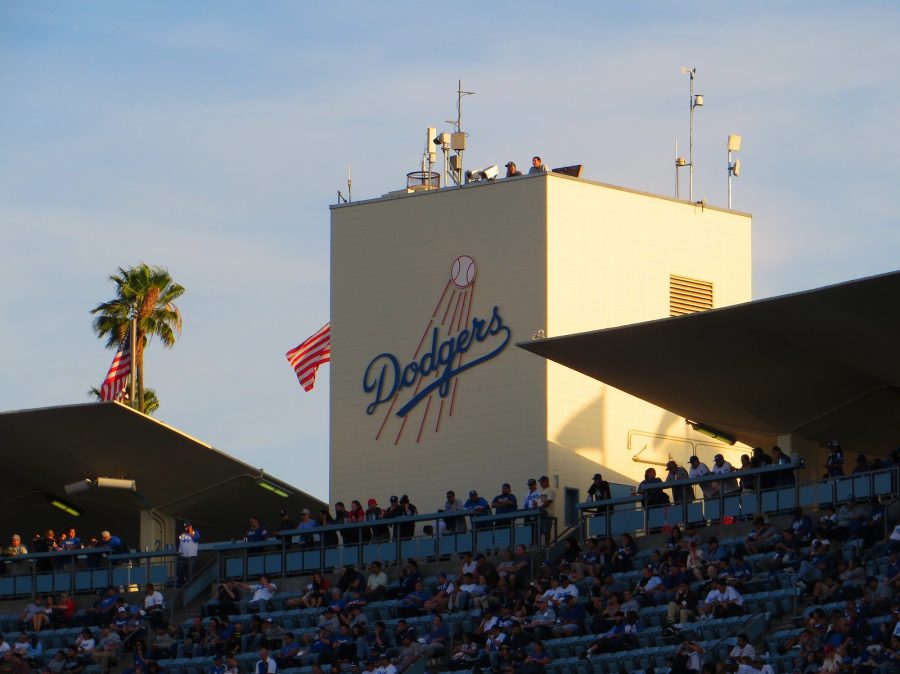
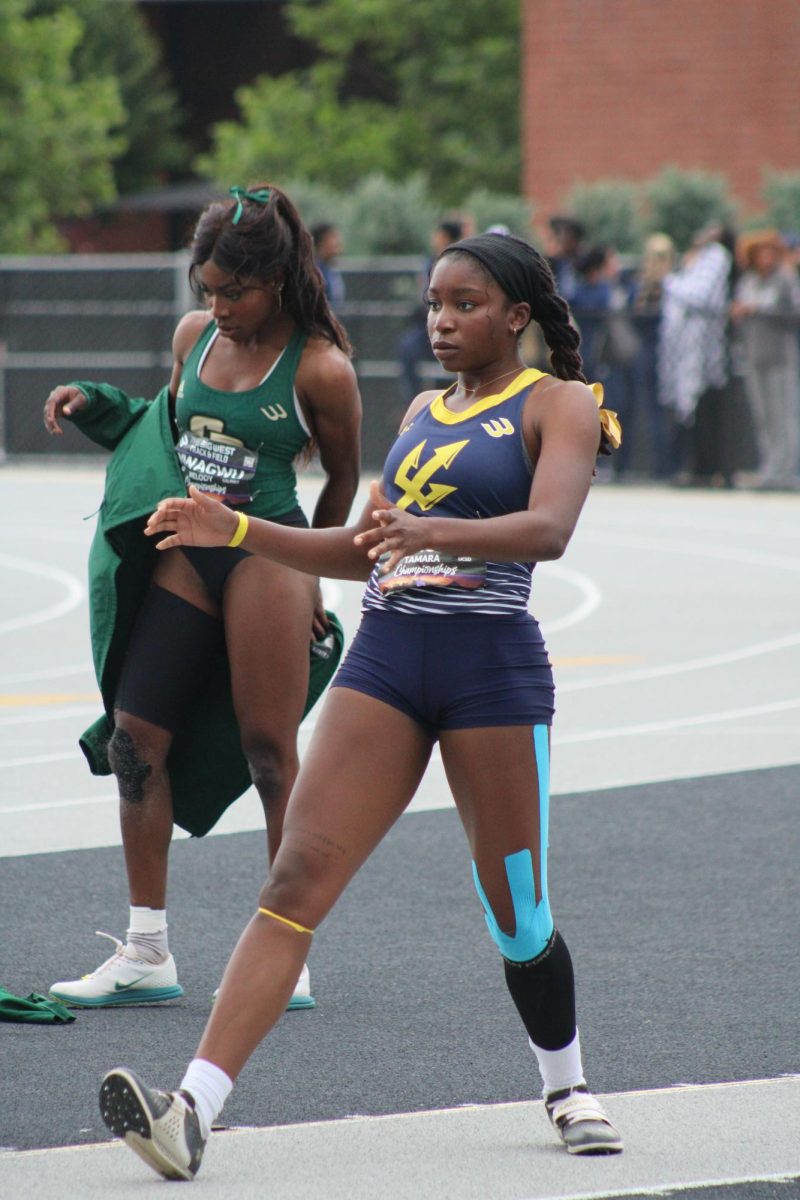
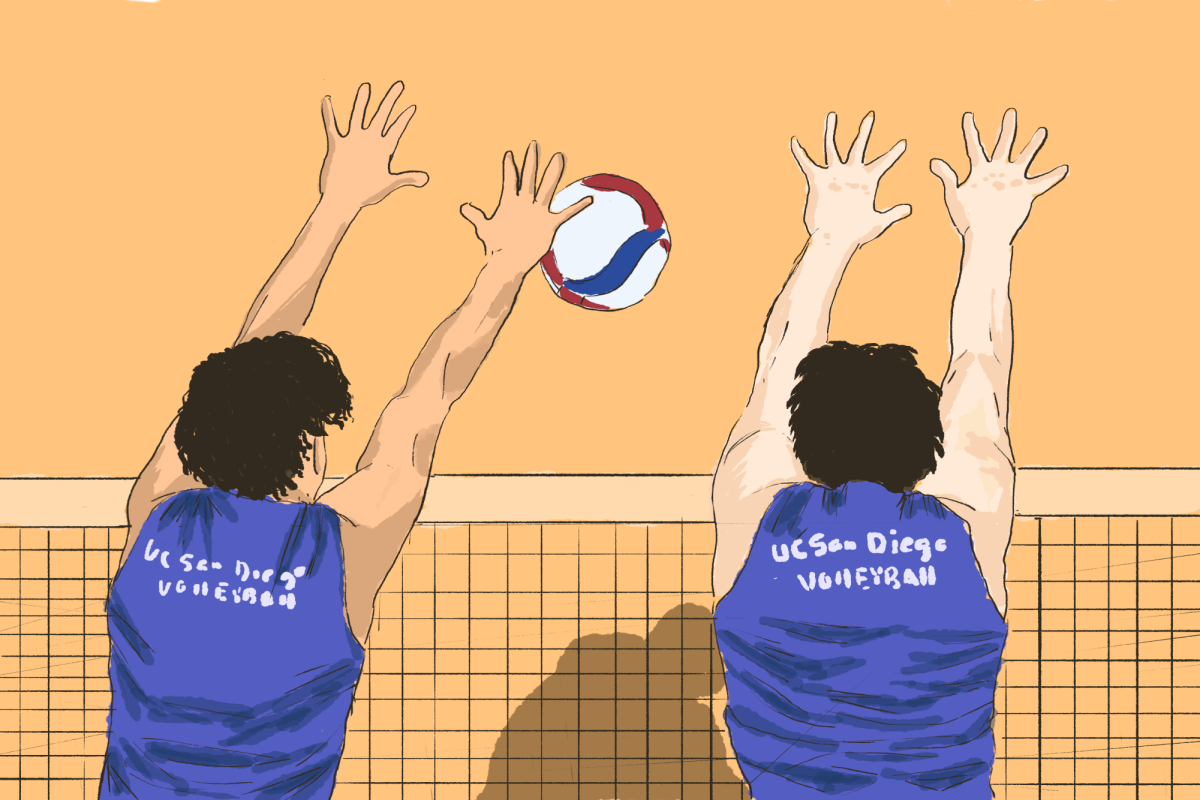
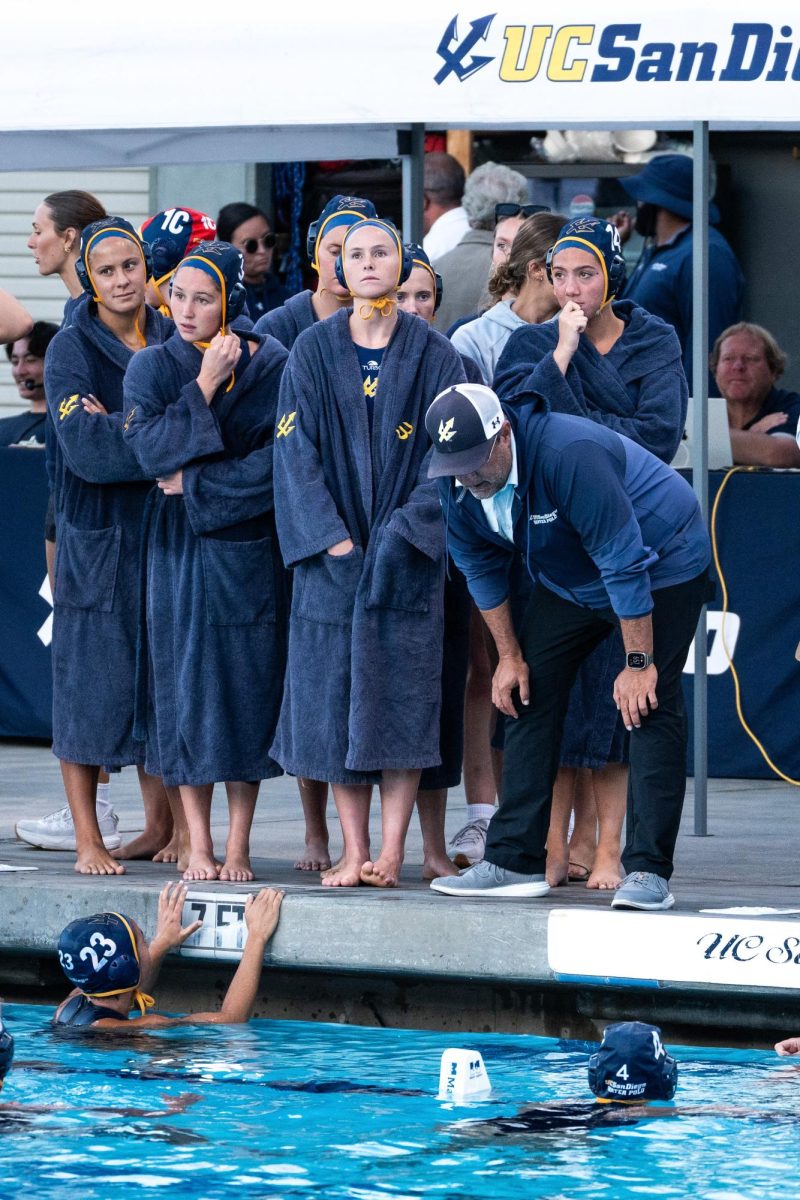

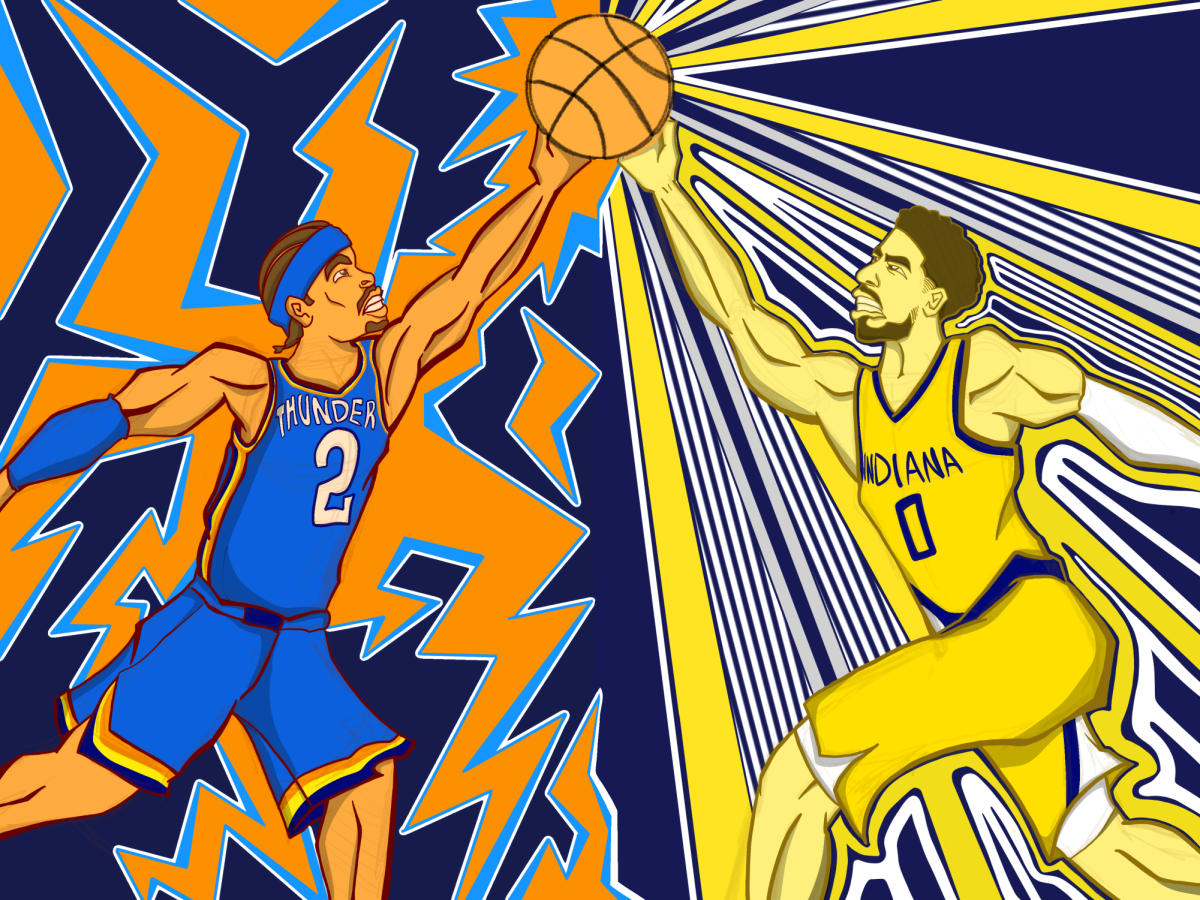
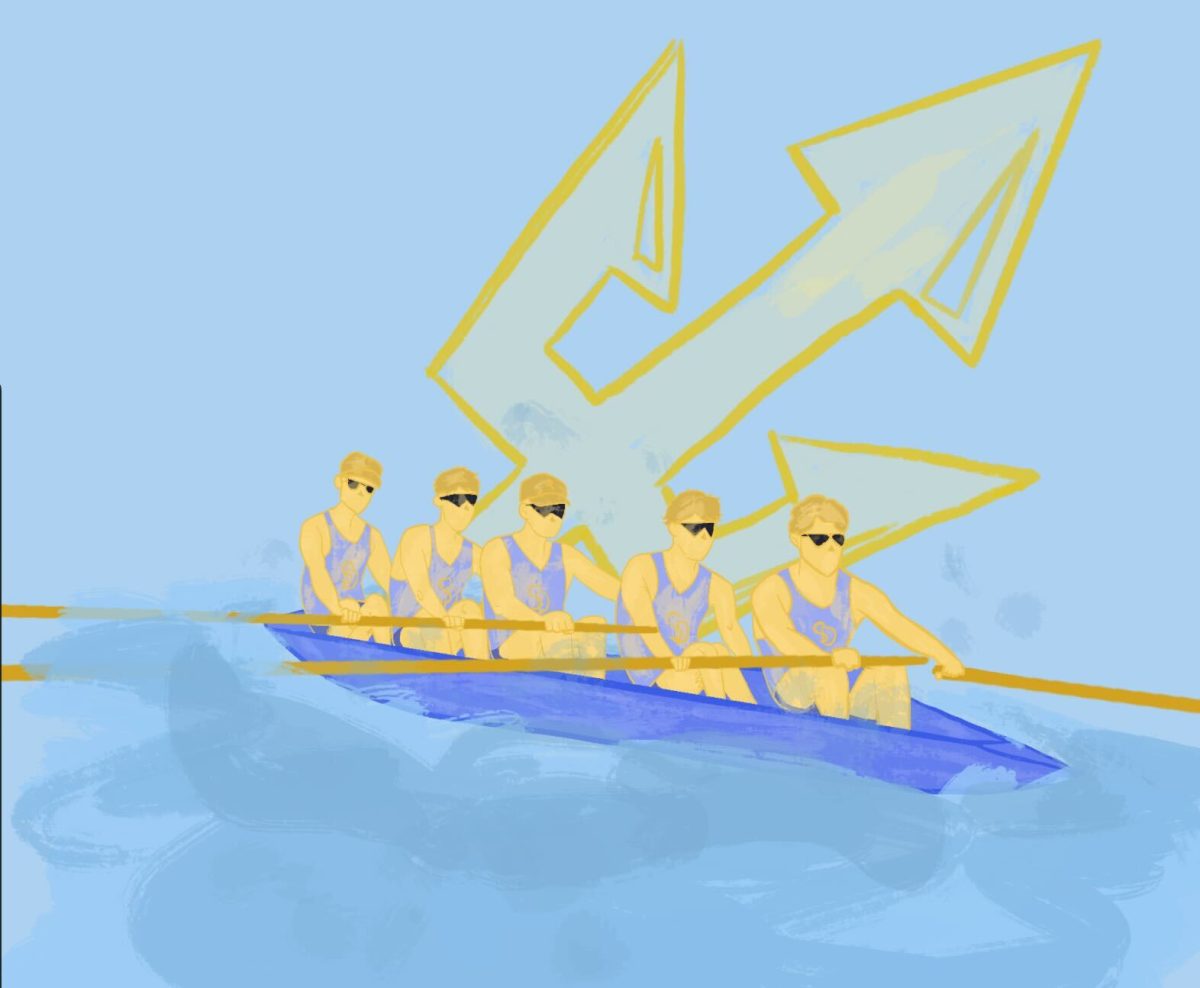
Hector Arrieta • Oct 31, 2024 at 3:19 pm
They finally did it, this article can now rest in peace